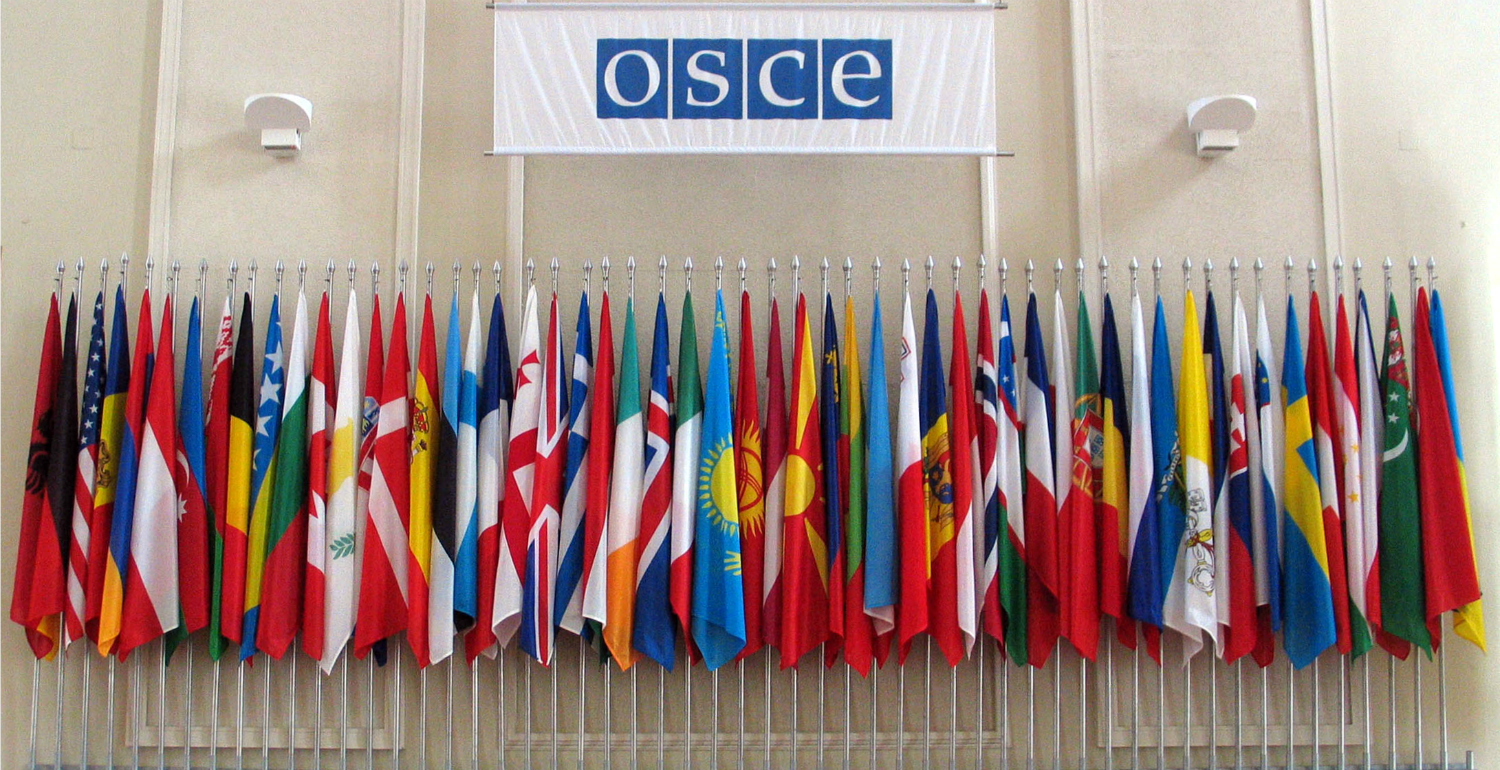In this briefing, held by Commissioners Alcee L. Hastings and Benjamin L. Cardin, the topic of discussion was combatting ethnic and racial profiling. To this end, years ago, Hastings and Cardin began such efforts for the OSCE. Consequently, the OSCE established a tolerance unit that publishes an annual hate crimes report, has three personal representatives to address these issues, and has developed numerous initiatives to address prejudice and discrimination. Likewise, the OSCE’s High Commissioner on National Minorities has convened experts to discuss the issue of multiethnic policing.
In spite of substantial progress made, there continues to be a lot of work to be done to address ethnic and racial profiling. In fact, the Commission, U.S. Government, and organizations like the American-Arab Anti-Discrimination Committee and Human Rights First have, quite recently, called for a response to the profiling of Roma, Muslims, persons of African descent or blacks, and other groups in Europe and the U.S.






